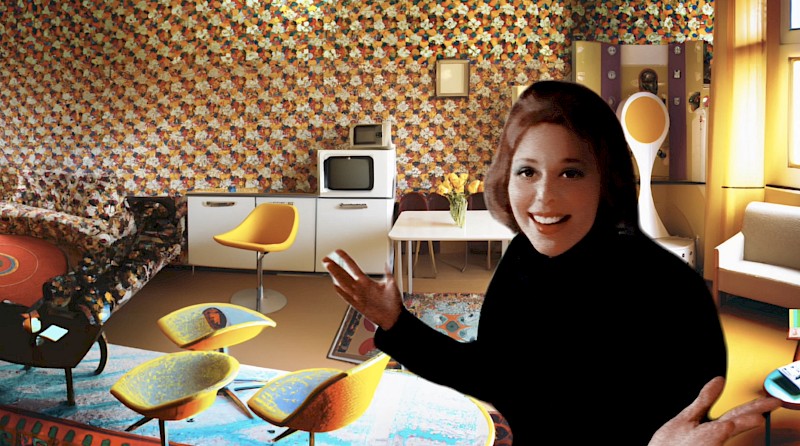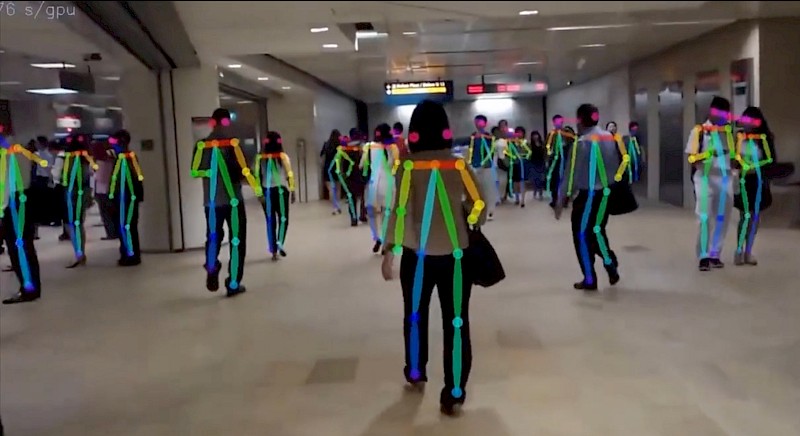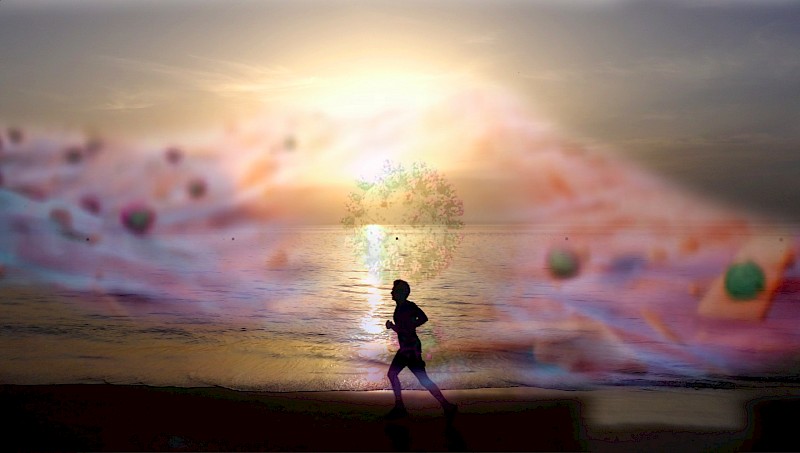Phobic Postcards
Nine chapters, twelve videos
If the greatest philosopher in the world finds himself upon a plank wider than actually necessary, but hanging over a precipice, his imagination will prevail, though his reason convince him of his safety (49). Many cannot bear the thought without a cold sweat. I will not state all its effects.
(Pascal, Pensées)
This project explores phobia through twelve videos and many notes–absurd fears, where there is nothing to fear, really. Pascal's philosopher standing on the plank above the abyss knows there is nothing to fear. He knows the plank is large enough. But it does not help. It is as if his vertigo were beyond the reach of his philosophy.
When Descartes is attacked by thieves on a boat crossing the Elbe, he does not panic. He draws out his sword. It is a natural fear that the philosopher overcomes with his strong character. Then there is Heidegger in the Black Forest, of course, and the anguish of Dasein: a great and noble fear, without any object.
I have never been able to experience the anguish of Dasein. I am happy in the forest... until I hear a crack in a bush and start wondering what kind of beast is hiding there. The Existentialists are like the Rationalists. In the end, neither of them fears anything in particular. Our stupid vertigo standing on Pascal's board remains outside of their philosophy.
So can philosophy say anything about phobias? Can it offer a cure against phobias?
During the two years that the project documents, I looked into the history of philosophy for traces of philosopher's phobias. I believe I have found a few. For instance, I think I have proof that Descartes was afraid, not of bandits but of water. I have also tried various philosophical and unphilosophical cures.
I have tried to joke about my phobias. Wit belittles its object. Just make fun of the crocodile that is looking at you, and it will not seem so frightening. The problem is: would I be able to make a joke in front of the crocodile, or standing on Pascal's Plank? Could I make a joke if my life depended on it?
I have tried running a marathon. That is Baudelaire's Cure. In an entry in his diary, Baudelaire notes that 12 or 14 leagues are enough to represent the infinite to the human mind. 12 leagues are just a little more than a marathon. Could I master this kind of infinite? What worried me above all was the dilation of time that one feels in panic and which might take place again while I was running. I would not stop, but what if each minute that I spent running felt longer and longer? Would poetry help keep time together?
In any case, I could not go on running marathons. So I tried laying on a psychoanalyst's couch. The psychoanalyst did not say much. But I could see this cure could work. However, it would destroy my phobias. I would no longer be afraid of dogs, and reptiles, but the world would be all flat: reptiles would longer distort space and time. All flat and dull. I would rather keep my phobias.
Hum, hum.
In the end, I resolved to adopt Bachelard's cure, which consists of an imaginary training. It is like re-accomplishing the labors of Hercules so as to master in imagination all kinds of elements. One tells oneself a story where one goes deep in an elemental distortion and, like Hercules, tries to find a way to cope with the thing. In this way, one becomes an Imorg, like a cyborg except it is all imaginary.







